Muslim women are not a monolith. We wear hijaabs and hoodies and pum pum shorts on the dance floor, drive souped up Honda Civics and McLarens on racetracks, shred electric guitars at thrash metal concerts. This surprises many. When Ibtihaj Muhammad won a medal at the 2016 Olympics, seemingly celebratory messages about her accomplishment were punctuated with wonder that a Muslim woman could be, of all things, an athlete. When Brazilian rock star Gisele Marie Rocha is interviewed, she is asked about her burqa and niqab, not so much her Gibson Flying V electric guitar or her musical influences, which include Jimi Hendrix and Lucia Jaco.
Muslim women are fed up. Or at least this Muslim woman is. Frustrated by narratives that confine us to narrow definitions of Muslim-ness and woman-ness, ignoring that gender is a social construct we perform each day, and that there are as many interpretations of Islam as there are people who identify as Muslim, I wrote a prose poem. Titled, “Yes, Muslim Women Do Things,” the poem featured Muslim women achieving such astonishing feats as reading books and taking naps.
That poem led to Muslim Women Are Everything: Stereotype-Shattering Stories of Courage, Inspiration and Adventure, a book that celebrates transgendered, cisgendered, queer, disabled, devout, on-the-fence, Muslim women, who are rocking the worlds of performance art, politics, baking, astrophysics, and much more. Muslim Women Are Everything is a lyrical, illustrated love letter to us, in all our complicated, multi-hyphenated glory.
Troubling the boundaries of what it means to be Muslim and a woman, are the following books by Muslim women authors. Serving a giant F you to those who attempt to confine us, these works of poetry, fiction, and nonfiction illuminate the experiences of Muslim women and tell the many truths of our lives.

The Quilt and Other Stories by Ismat Chughtai
Ismat Chughtai refused to apologize in court for writing “Lihaaf”, “Quilt” in English, a short story published in 1942 for which she faced obscenity charges under British India’s homophobic laws. The story that threatened to send the young mother to jail featured the indescribable pleasures between a housewife and her female maid. Ismat was unapologetic in life as in fiction. This collection includes Lihaaf and stories that talk fearlessly about caste-defying desire, friendship across religious boundaries, and sex work.
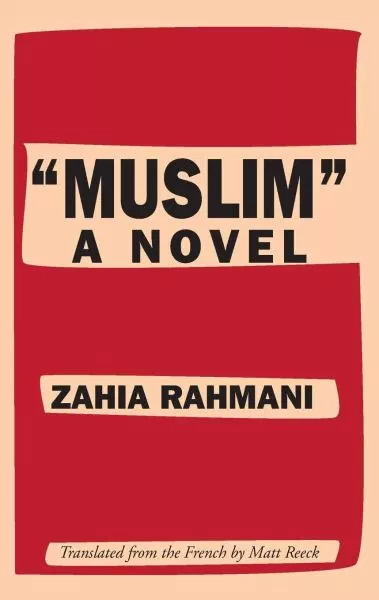
“Muslim” A Novel by Zahia Rahmani, translated by Matt Reeck
Muslim lives in quotation marks in the title of Zahia Rahmani’s second novel, much as the protagonist lives within the constraints of this imposed label. Merging oral histories with lyric essays and autobiography, we trace the Berber woman’s journey through desert camps and cities, as she recalls Islamic history and folktales from her childhood. A story of displacement, languages lost and colonialism, “Muslim” challenges the boundaries of genre, much like Rahmani complicates physical boundaries and the complexities of multiple, sometimes conflicting, identities.
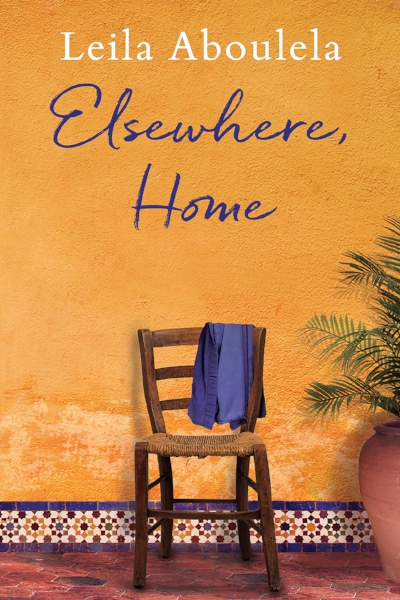
Elsewhere, Home by Leila Aboulela
A Sudanese woman explains that she misses the call to prayer to a Scottish bloke who doesn’t quite understand; an Egyptian woman laments the loss of her mother tongue; a white Muslim Scotsman visits his fiancé in Sudan. These stories by the winner of the Caine Prize for African Writing feature mostly Sudanese and Egyptian women who have moved from Cairo and Khartoum to Aberdeen and London. Leila Aboulela—who herself left Sudan for Scotland in her mid-twenties—writes of homesickness, accents and spiritual paths. Elsewhere, Home is intimate and emotional, without veering into sentimentality.
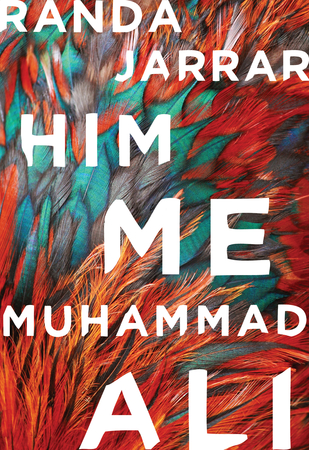
Him, Me, Muhammad Ali: Stories by Randa Jarrar
Mistress of the short story form, Randa Jarrar’s collection is a masterpiece I read over and over again. These are stories of mothers and daughters, circus tightrope walkers, chimeric creatures that are half-woman half-ungulate, each navigating love, lust and ambition. From women seeking sisterhood in fiction, to those rolling their eyes at novels in which immigrants return home transformed by their journeys, Jarrar’s characters are irreverent, raunchy and real.
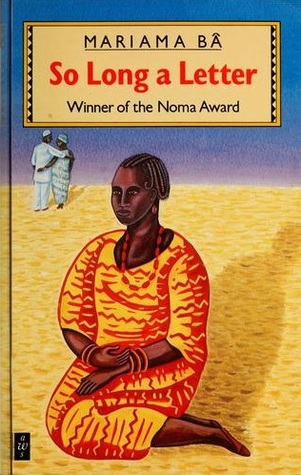
So Long a Letter by Mariama Bâ
Mariama Bâ’s debut novel, So Long a Letter, was published to critical acclaim in 1979 when she was 50 years old, winning the Senegalese author the inaugural Noma Award for African writers published in Africa. The epistolary novel emerges through a series of conversations between Ramatoulaye and Aissatou who recount their loves and losses. Bâ who described books as peaceful weapons, declared this novel “a cry from the heart of Senegalese women…a cry that can symbolize the cry of women everywhere.”
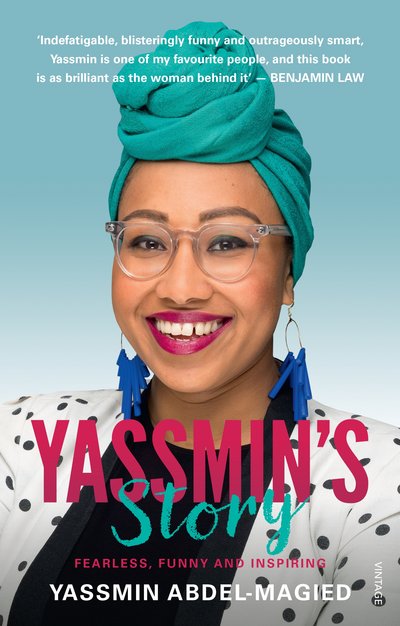
Yassmin’s Story by Yassmin Abdel-Magied
Yassmin Abdel-Magied was 21 years old when she began working as a petrochemical engineer on an offshore oil and gas rig, one of few women and the only Sudanese-Egyptian-Australian Muslim, among 150 men. Her memoir, published at age 24, recalls her childhood in Sudan, her family’s migration to Australia, and her love affair with activism and race cars (a journalist branded a young Abdel-Magied “peculiar” for dreaming of becoming the first Muslim woman Formula One race car driver). Brash and funny, Yassmin’s Story, also makes for a refreshing read: the big hopes of a young woman who believes she will change the world.

Invasive Species by Marwa Helal
Hip hop lyrics, prose, and poetry take us from immigration offices and embassies to Heathrow airport and a McDonalds in Cairo, in Marwa Helal’s genre-bending collection. Scientific abstracts, newspaper cuttings, and letters sit next to questionnaires and an ode to DJ Khaled. Invasive Species is so damn bold it had me rewriting sections of my poetry manuscript, flouting rules I had been careful to follow. Not surprising, given Helal invented a poetic form called The Arabic, which is written right to left and “vehemently rejects you if you try to read it left to right.”
The post 7 Books By and About Muslim Women appeared first on Electric Literature.
Source : 7 Books By and About Muslim Women












